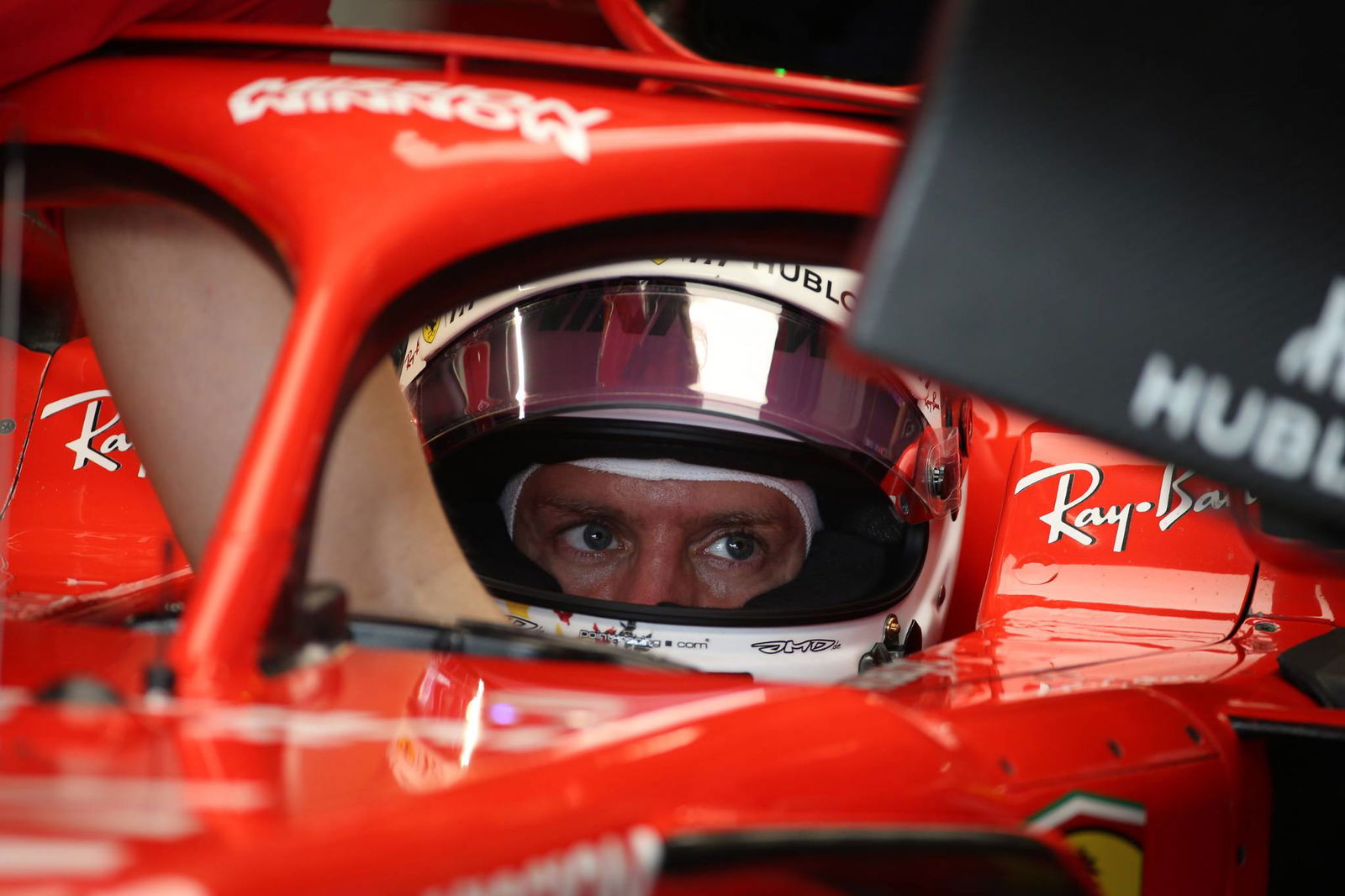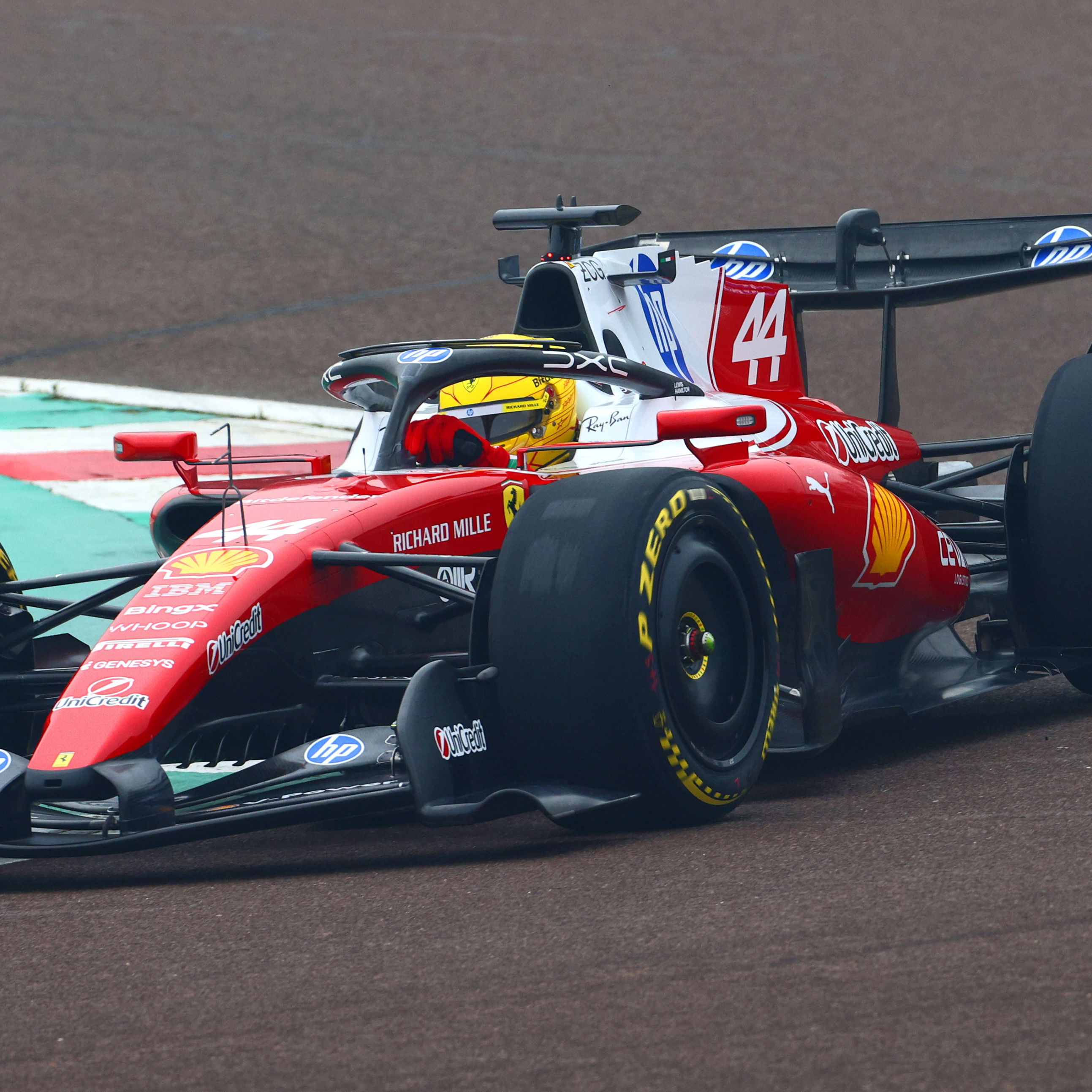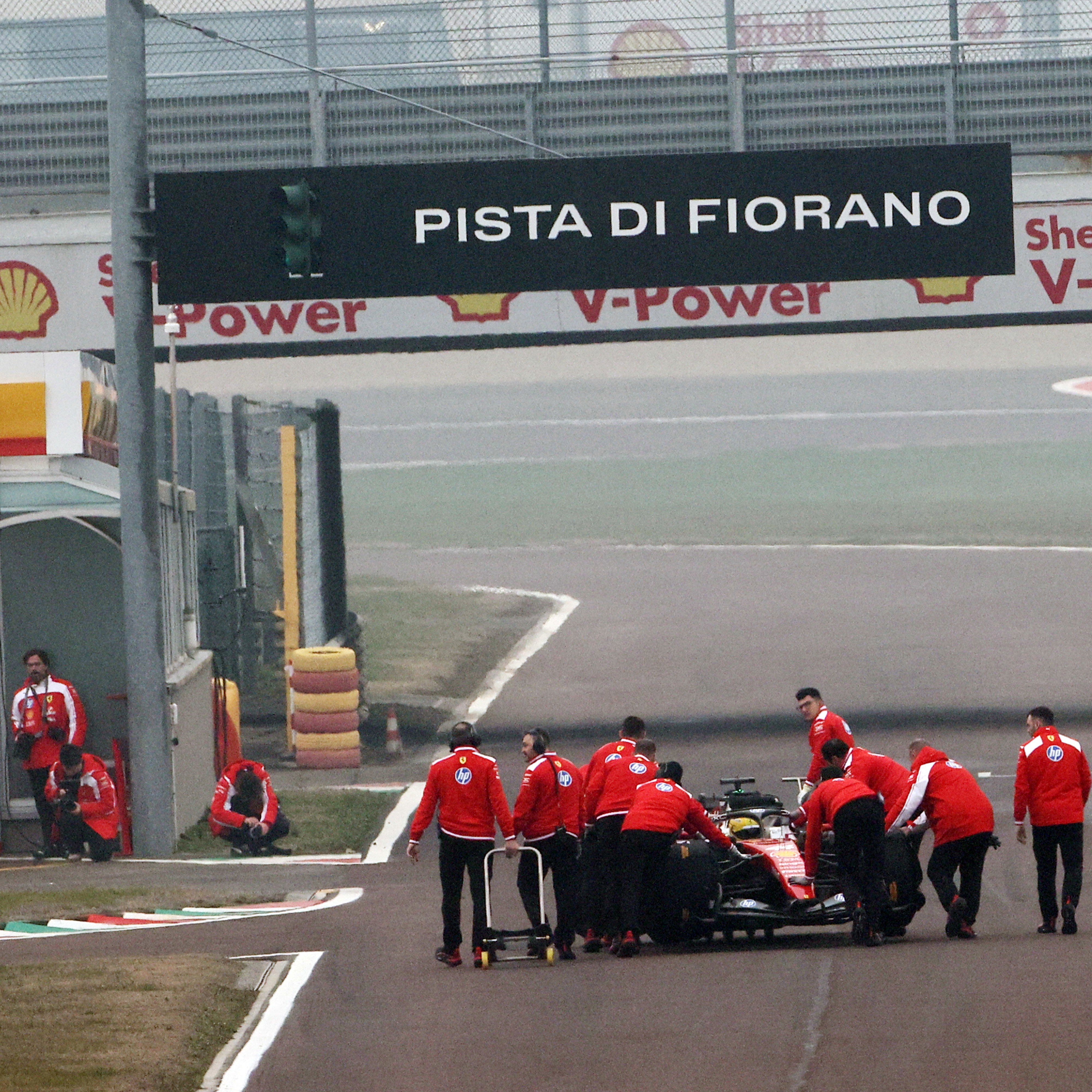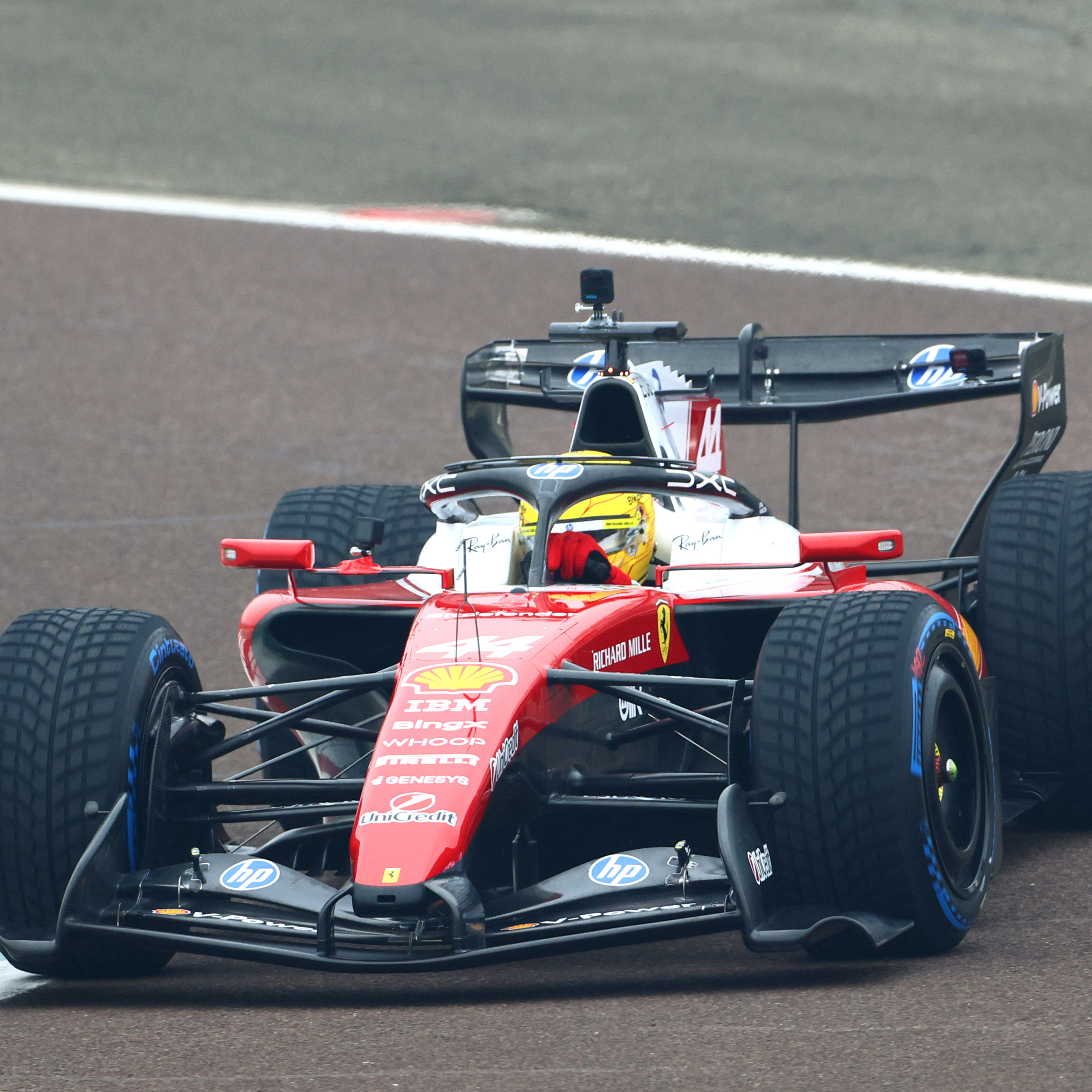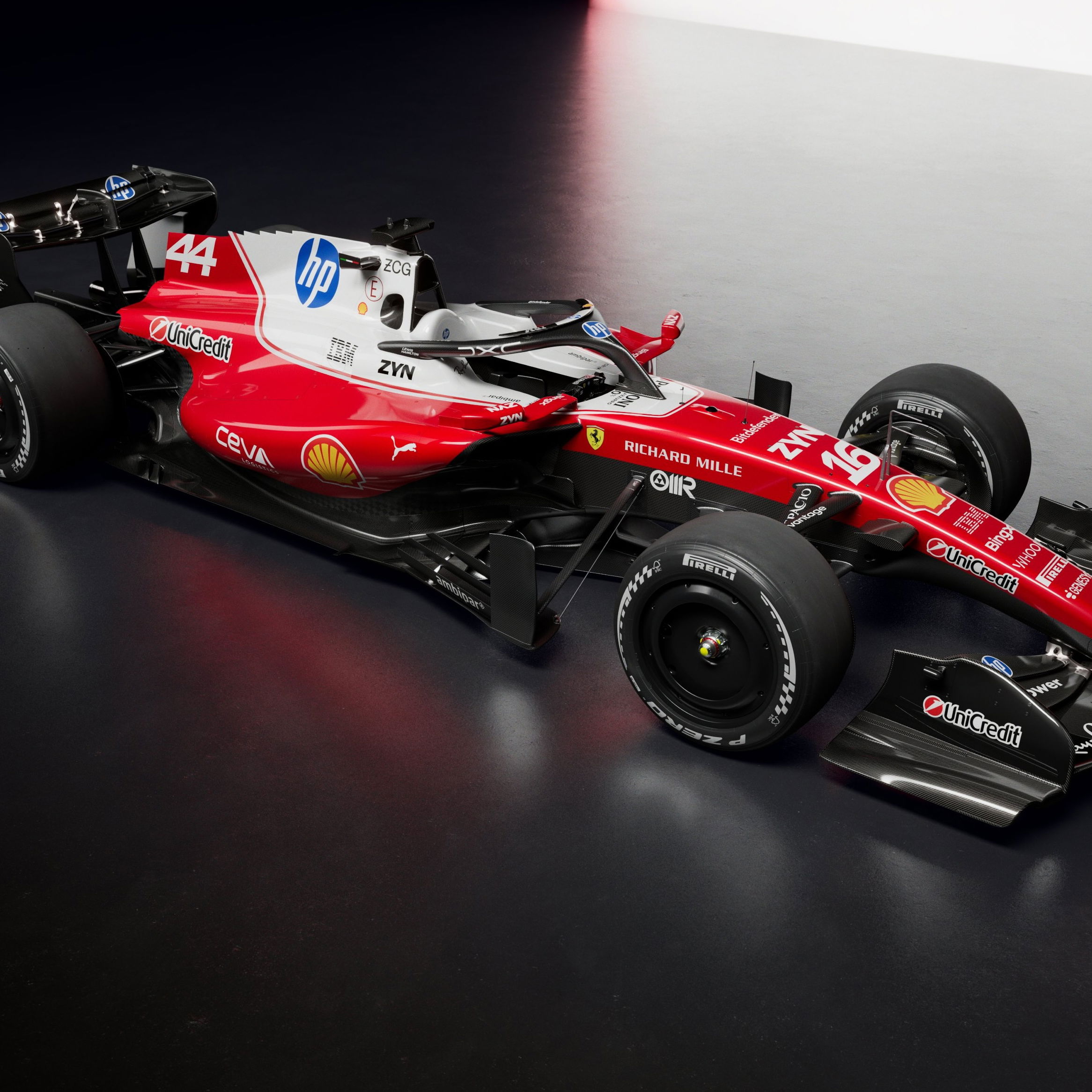Forget Senna comparisons, Hamilton is reaching Schumacher levels in F1
Throughout Lewis Hamilton’s Formula 1 career similarities have been drawn to his boyhood idol Ayrton Senna.
The biggest comparison to have been made is regarding both drivers’ excellent strike rates in qualifying – thanks to a shared and seemingly-natural ability to unlock raw and electrifying pace over a single lap.

Throughout Lewis Hamilton’s Formula 1 career similarities have been drawn to his boyhood idol Ayrton Senna.
The biggest comparison to have been made is regarding both drivers’ excellent strike rates in qualifying – thanks to a shared and seemingly-natural ability to unlock raw and electrifying pace over a single lap.
In 2015, Hamilton matched Senna’s tally of 41 victories in the same year he also equalled the Brazilian’s feat of three world championship titles. Two years later, he went on to claim his fourth championship with two races to spare in a season he also surpassed his F1 hero’s pole position tally of 65.
But Hamilton’s performances this season have taken him to an all-new level altogether. His latest victory, a commanding win at the Japanese Grand Prix, moved him to the brink of clinching a fifth world title.
Such a feat, which can be sealed at the upcoming United States Grand Prix in Austin in just under a fortnight’s time, would tie him level with Juan Manuel Fangio and move Hamilton clear as F1’s most successful active driver.
Fangio’s record held firm until it was eclipsed by a certain M. Schumacher in 2003 and Hamilton now stands on the verge of becoming only the third driver in history to win five or more world championships, edging him closer to Schumacher’s all-time benchmark of seven.
Perhaps the time has come then, to start shifting the comparisons away from Senna and towards Schumacher.
Can Hamilton really catch Schumacher?
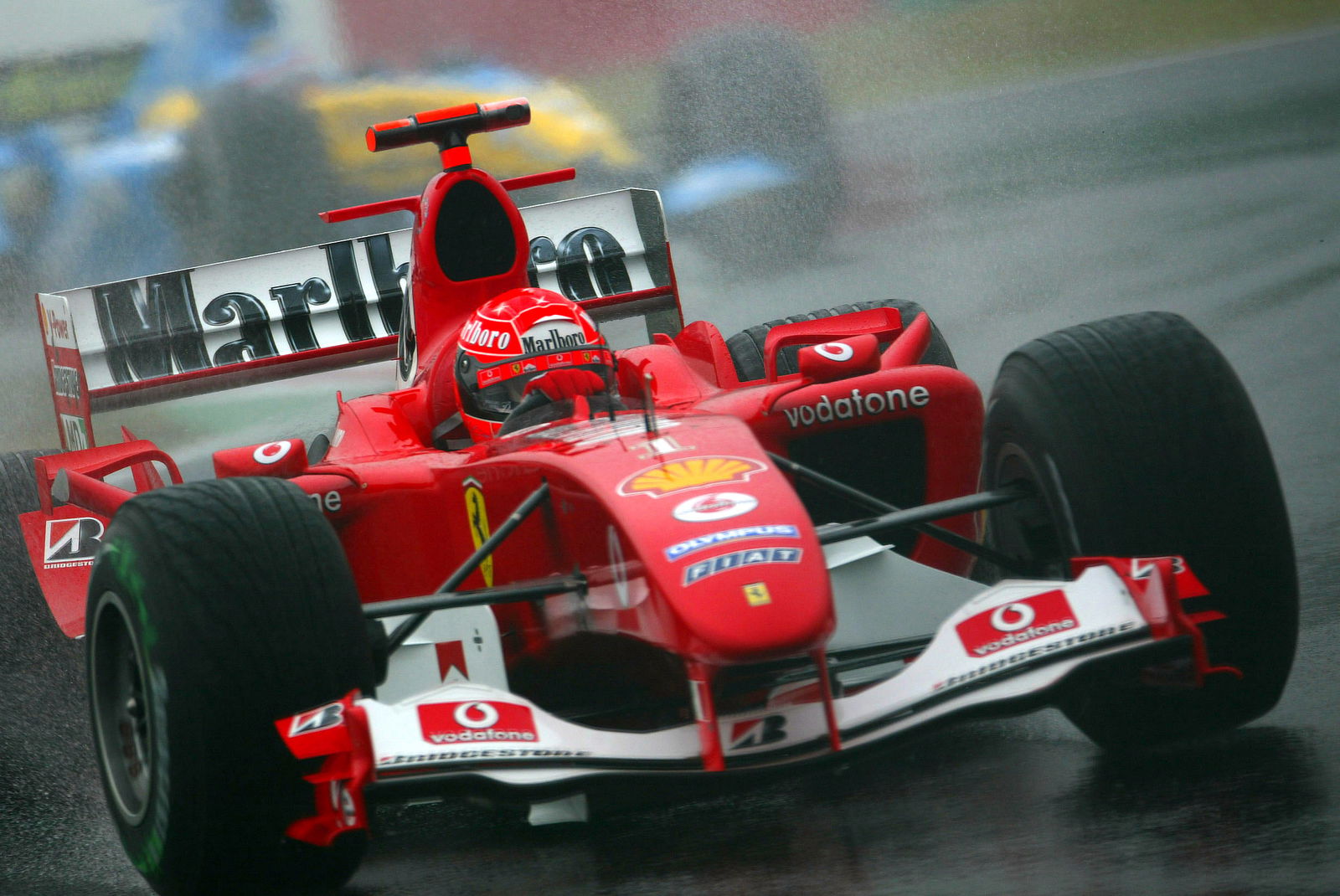
Schumacher’s impressive list of feats was once considered an insurmountable task, like Fangio’s before him. But records are made to be broken and ever since he first made his mark on the F1 scene back in 2007 as a fresh-faced 22-year-old clad in McLaren overalls, Hamilton has been chipping away at them.
Fast-forward a decade and Schumacher’s long-standing pole position record of 69 has been broken thanks to Hamilton’s majestic lap in wet conditions at Monza last year. His latest pole at Suzuka last weekend marked his 80th as he continues to push into uncharted territory over one lap.
That Japan pole was converted into victory on Sunday as Hamilton reached 71 career wins to move within 20 victories of the German’s record of 91. It was the 49th win Hamilton has achieved with Mercedes during the V6 hybrid era of 2014-2018, putting him one victory clear of the tally Schumacher amassed in his own purple patch from 2000-2004.
Granted - there are more races on the calendar in the current era of F1 and that has undoubtedly played a role – but the achievement remains impressive nonetheless. Hamilton also holds the accolade of being the only driver in history to have taken a grand prix win in each of the seasons he has contested.
Across the last five years alone Hamilton has won at least nine races per season, racking up 11 in 2014, 10 in 2015 and 2016, and nine in 2017. He has the same figure again in 2018 with four races remaining. Considering those stats and Hamilton’s current form, it does not seem unreasonable to suggest he could have matched Schumacher’s tally of wins (and possibly even world championships) by the time his Mercedes contract expires at the end of 2020.
Hamilton previously made it clear he has no desire of chasing Schumacher’s records but given how close he is getting, it might just prove too tempting to extend his tenure in the sport for a little longer in the pursuit of creating yet more history.
Hamilton’s best F1 season to date
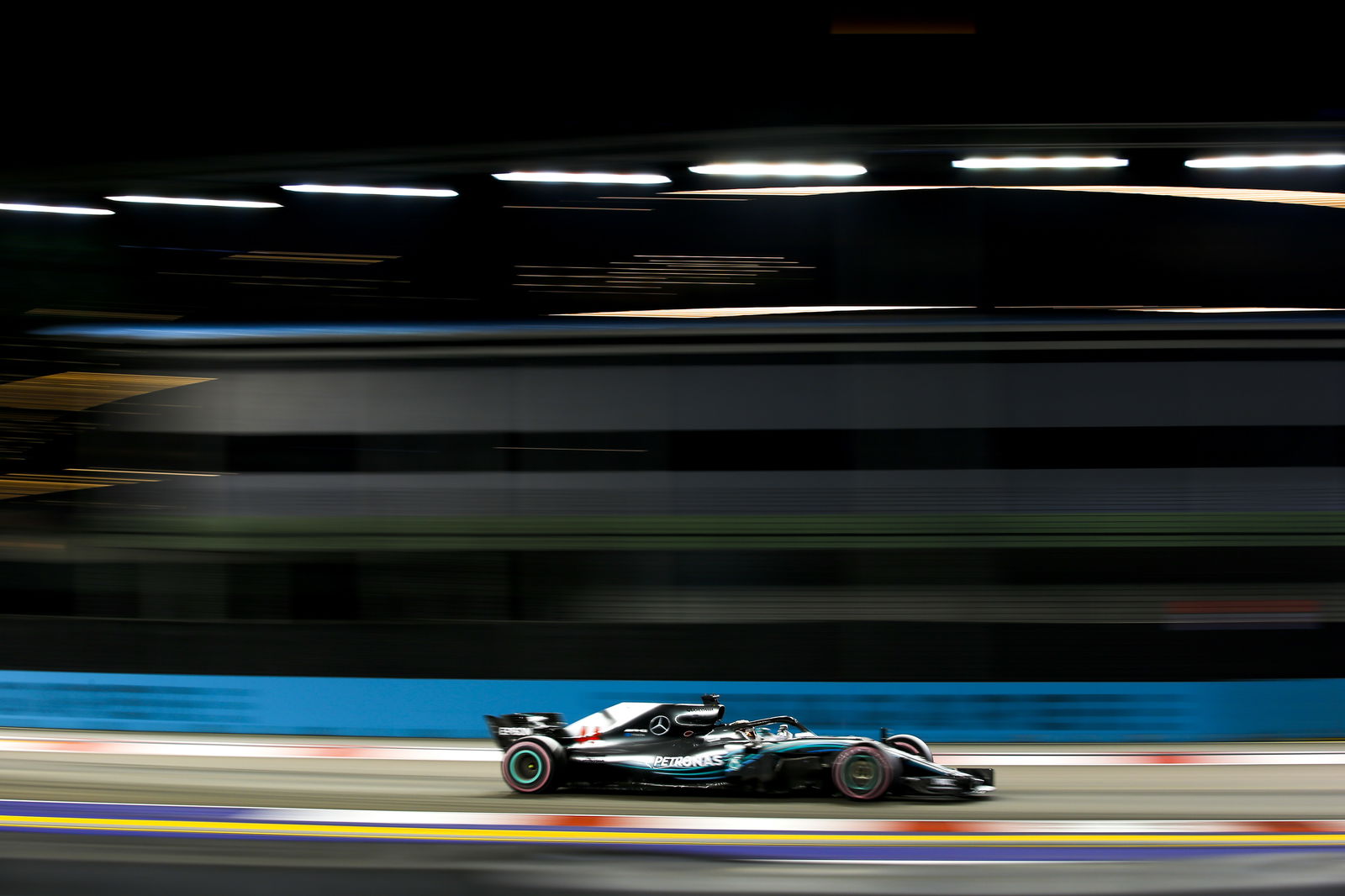
By his own assessment, Hamilton is reaching new heights in 2018. He has more poles (eight) and more wins (nine) than any other driver and holds a 67-point lead over nearest rival and fellow four-time world champion Sebastian Vettel - once thought of as the man to go on to beat Schumacher’s records - in a Ferrari that has up until recently been considered the best car on the grid.
This year initially looked full of promise in the Scuderia’s bid to end its long wait for a world championship but various self-inflicted team and driver errors, coupled with a renewed charge from Mercedes, have all-but ended Vettel’s hopes.
By contrast, Hamilton has been almost flawless.
The Briton has only failed to finish on the podium three times (including a DNF due to mechanical failure) with a worst result of fifth place as he uncharacteristically struggled at one of his favourite circuits in Canada.
He has avoided the kind of costly mistakes Vettel has made and in the second half of the campaign his performances have been supreme. Brilliant recovery drives in Great Britain and Germany initiated his current rich vein of form that has seen him take six wins from the last seven races, including four on the bounce. He has enjoyed a 75-point swing over Vettel thanks to scoring 168 points out of a possible 175 since Silverstone.
"This has been the best performing year of my career," Hamilton exclaimed upon his arrival to Suzuka ahead of the Japanese Grand Prix.
“The communication with the team and my engineers, the strategists, it all gets better and better through the year but mostly it is just your understanding in the car and comfortability in exploiting it.
“It gets stronger. I’ve been really happy when I look back at these races, I couldn’t have hoped for better performances. There have been some really dream experiences for me. Races that I dream of having performing at those levels.”
There have been individual highlights too. Qualifying in Singapore was perhaps the most impressive, where, at a circuit Mercedes had struggled for performance in 2017, Hamilton turned in a stunning lap to snatch a surprise pole position. He described the lap as “magic”, while Mercedes boss Toto Wolff hailed it as the best lap he had ever seen in F1, adding it would go down in the history books.
Savouring the moment
Whether it has been his ability to lead from the front, or pull off perfectly executed overtakes in the heat of wheel-to-wheel combat - like his recent pass on Vettel in Russia - Hamilton’s manner of driving and level of performance is starting to resemble the kind of ruthlessness witnessed during the Schumacher golden years.
Hamilton is a complex character who often polarises opinion ranging from his abilities on-track, to how he chooses to spend his time away from the circuit in his well-documented celebrity lifestyle that breaks the mould of what it is to be an F1 driver.
But there is no doubt he is rapidly establishing himself in the highest echelons of the sport. Hamilton is at the peak of his powers, with his ever-growing list of statistics and records pointing towards a well-earned place among the all-time greats - whether he goes on to match Schumacher or not.
It is time to appreciate Hamilton’s greatness as it unfolds before us, because, like with Schumacher and other legends of the sport that have come and left before him, he will be missed when he is gone.
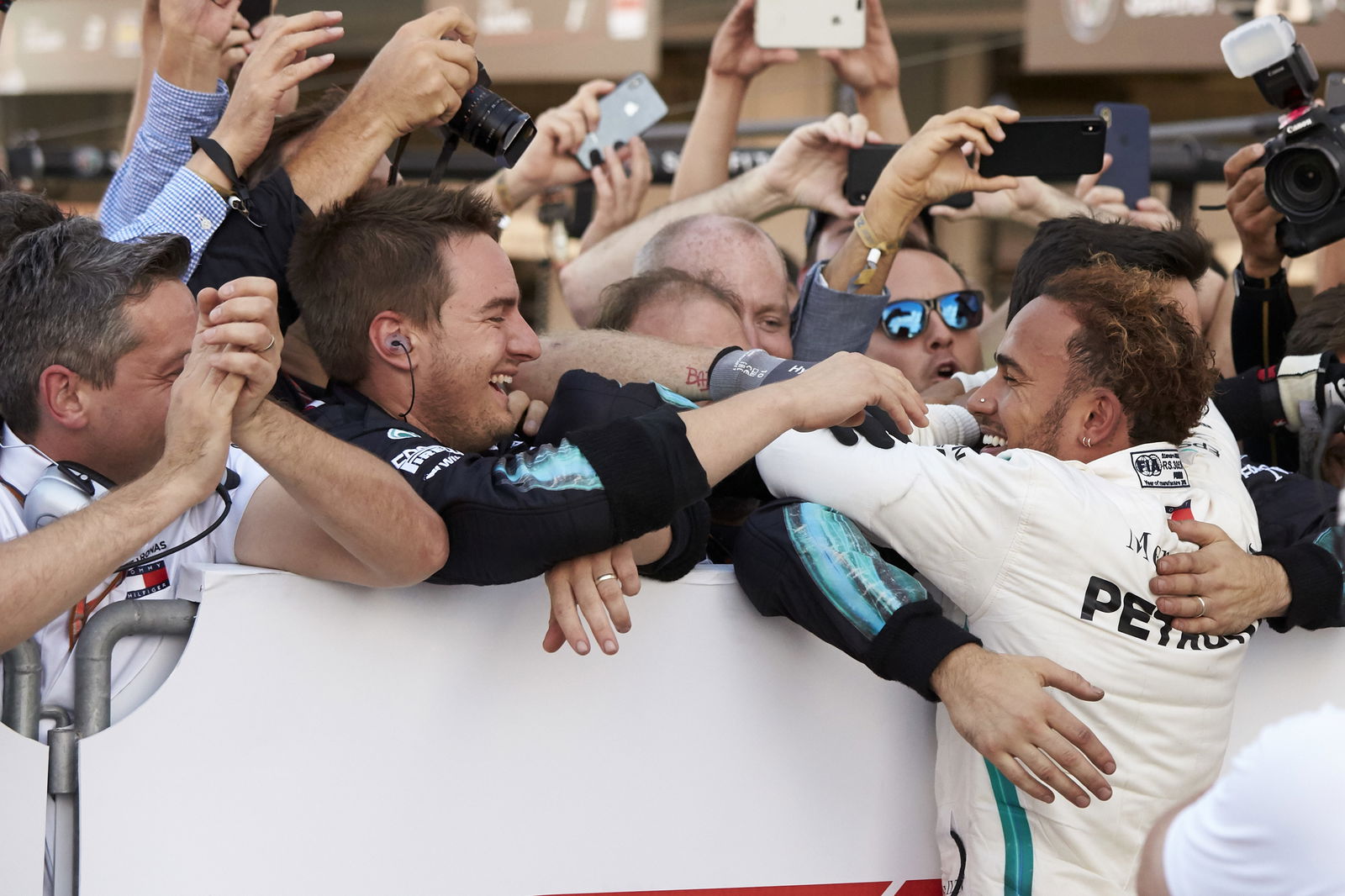
.JPG?width=1600)
